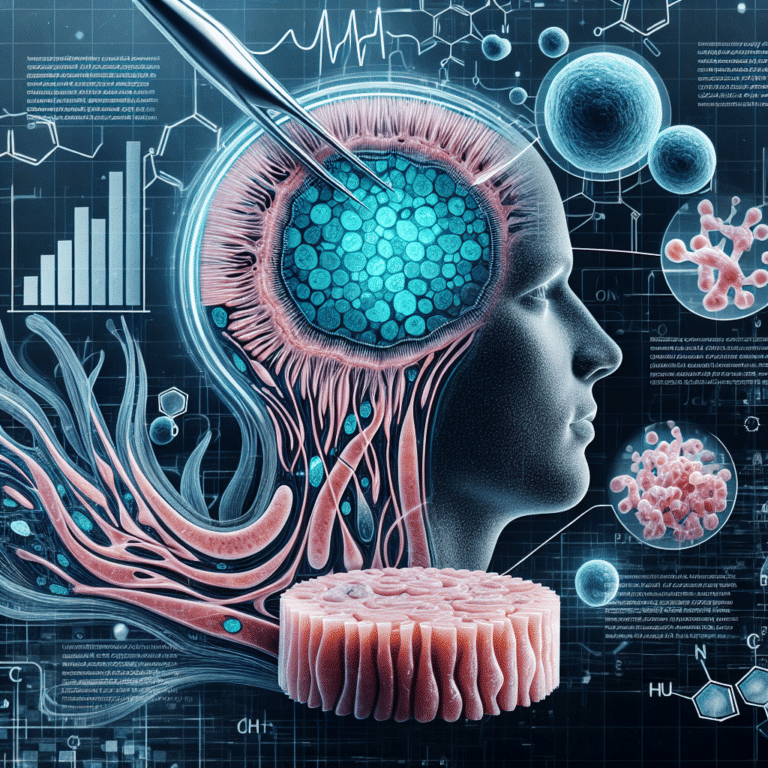Summary
- Adipose stem cell-derived exosomes have been shown to effectively promote hair regeneration in individuals with androgenetic alopecia (AGA).
- In vitro and clinical studies demonstrated that these exosomes impact human hair follicle dermal papilla cells, increasing proliferation and upregulating hair growth-related genes.
- The Wnt/β-catenin pathway is activated by ASC-Exosomes, indicating their role in promoting hair growth.
- Patients with AGA who received ASC-Exosomes treatment experienced a significant increase in total hair density, improved global photographic assessments, and reported higher subjective satisfaction.
- Overall, this research supports the use of exosomes as a safe and effective alternative for individuals with AGA seeking hair loss treatment.
Introduction
Have you ever wondered about effective treatments for hair loss? Well, recent research has shown promising results in the use of a new therapy called adipose stem cell-derived exosomes for hair regeneration. This treatment has shown great potential in both laboratory studies and clinical trials.
Understanding Hair Loss
Hair loss, especially a condition called Androgenetic Alopecia (AGA), is a common issue that can have negative impacts on one’s mental health. Traditional treatments for hair loss have their limitations, prompting researchers to explore new regenerative therapies like exosomes derived from adipose tissue stem cells (ASC-Exosomes).
What the Study Involved
The research involved studying the effects of ASC-Exosomes on human hair follicle (HF) dermal papilla cells (hDPCs) in laboratory settings. Various tests were conducted to measure the levels of specific genes and proteins related to hair growth. Additionally, researchers also conducted experiments on actual human hair follicles to assess the impact of ASC-Exosomes on hair shaft elongation and other factors.
Results of the Study
The results of the study revealed that ASC-Exosomes had a positive effect on hDPCs, leading to increased cell proliferation and the activation of genes associated with hair growth. Specifically, the Wnt/β-catenin pathway, known for its role in promoting hair growth, was found to be activated by ASC-Exosomes. This suggests that this therapy has the potential to stimulate hair regeneration.
Clinical Trial Results
The study, which involved thirty participants with AGA who were treated with ASC-Exosomes over a period of 24 weeks showed that the participants experienced a significant increase in total hair density, as well as improvements in global photographic assessments. Moreover, they reported higher levels of satisfaction with the treatment, and no serious side effects were observed.
Conclusion of the Study
In conclusion, this research adds to the growing body of evidence supporting the use of exosomes derived from adipose stem cells in the treatment of hair loss. This therapy offers a safe and effective alternative for individuals struggling with Androgenetic Alopecia. The findings of this study provide hope for those seeking innovative solutions for hair regeneration.
Dermatology, Plastic Surgery & Aesthetic Medicine.


